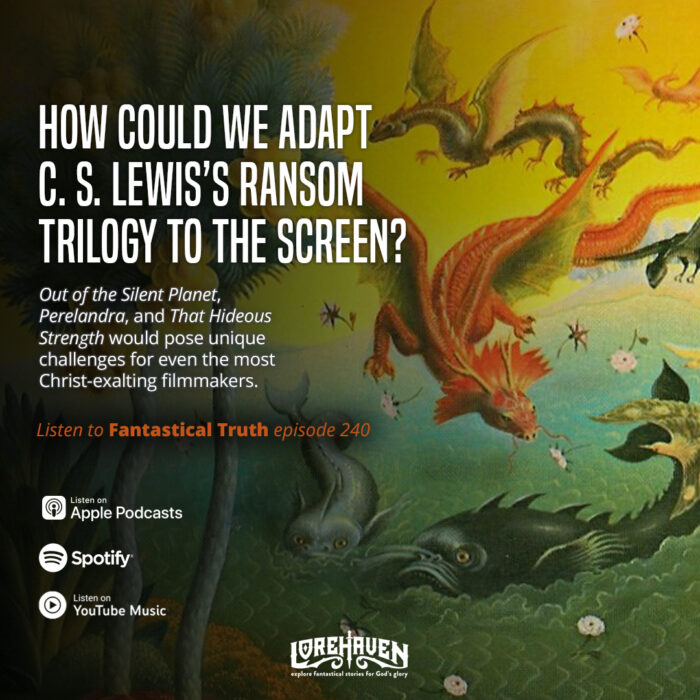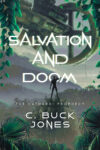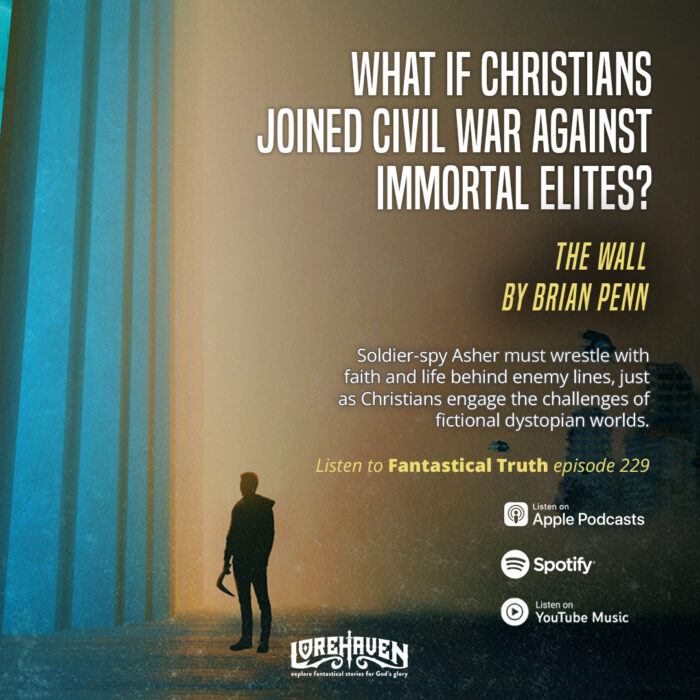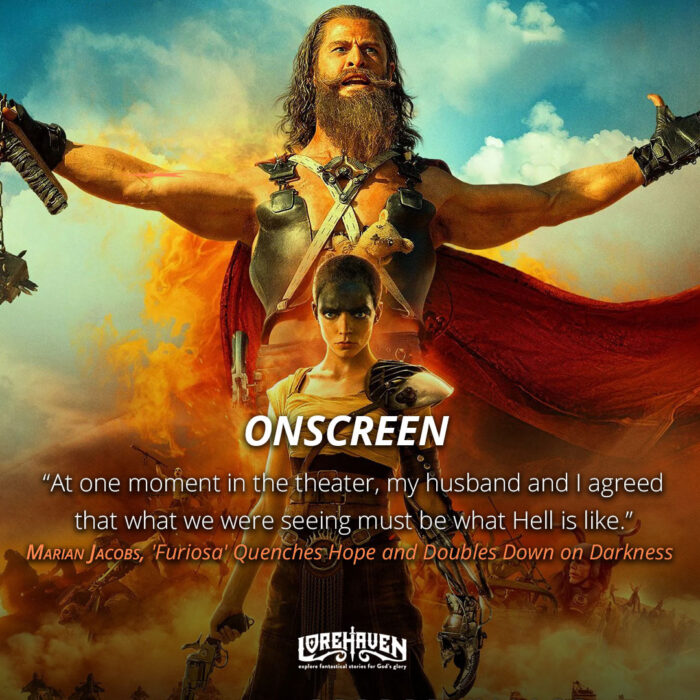Thoughts About Fantasy on 9/11
Part of the Fantasy motif is the struggle between good and evil (for a more detailed discussion, see the good-and-evil portion of A Christian Worldview of Fantasy at A Christian Worldview of Fiction). That evil exists became stamped upon the minds of Americans with the images of airplanes smashing into high-rises.
But what was the evil? Osama bin Laden and the Taliban? Muslims of all stripes? American greed and decadence that called down the wrath of Allah? or of God?
I think one of the best definitions I’ve heard for evil came from Beth Goddard:
Evil is the result of what happens when man does not have God’s love present in his heart.
I think Scripture bears out this definition: “For You are not a God who takes pleasure in wickedness; No evil dwells with You” (Psalm 5:4).
And yet, the Bible more often discusses the effects of evil—evil thoughts, actions, lives. Proverbs is particularly clear. The righteous should not hang out with evil men. Or evil women. The wicked will be captured by their own sin. Evil things come out of the mouths of evil people.
What does this have to do with fantasy? Above all other genres, fantasy is designed to define evil the way God does, to show it as He sees it.
I found nowhere in Scripture that God explained evil men or women by delving into their childhood. Instead He talks about the perversity of evil people, their need to perpetuate evil, their evil plans, and words. He also talks about the consequences of their evil, how it trips them up, snares them, entangles them.
Far be it from me as a writer, then, to soften evil for the sake of creating a more “believable” character. Yes, evil characters need proper motivation, but that should be within the realm of their evil intentions.
Their motives should be centered on their desire to promote themselves, satisfy their lusts, reap revenge. These are believable because they are in the heart of Man.
We sinners know what that feels like because we have felt the desire to be first or to be the one in charge. We’ve felt the pull of the flesh, to live for the pleasure of the moment. We have known hatred and the desire to strike back against those who hurt us.
That the evil characters give in to those desires—or perhaps, more accurately, dedicate themselves to those desires—is what sets them apart. They are content to be the rulers of their own lives, in continued rebellion to the One who wants to set us free from the tyranny and ravages of sin.
This is the evil Christian fantasy can show. Is it the evil Christian fantasy MUST show?







































Share your thoughts (and stay wholesome!)